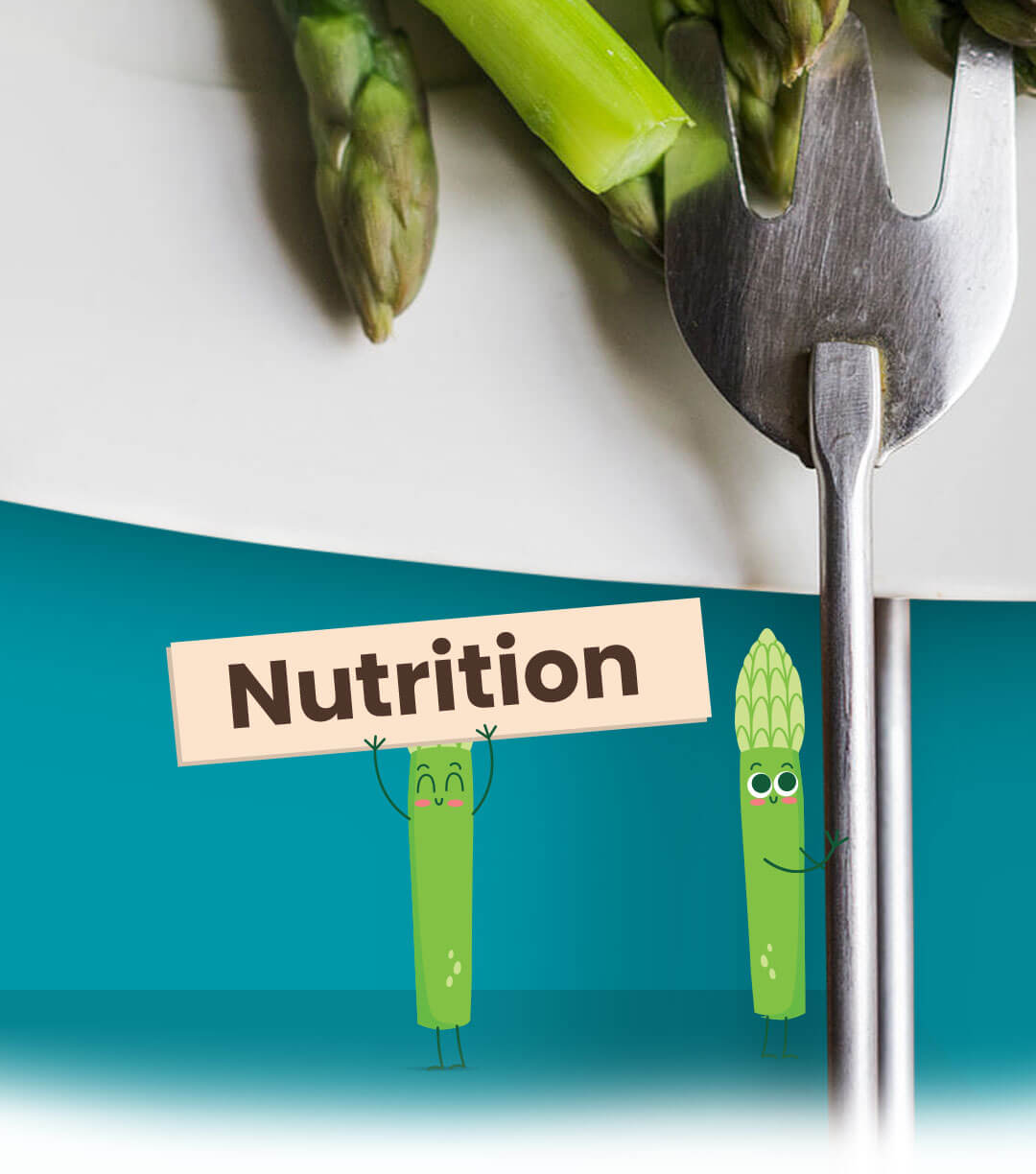
Asparagus is one of the most nutritionally well-balanced vegetables in existence. It leads nearly all produce items in the wide array of vitamins and nutrients it supplies. Its wealth of nutrients, fiber, and very low sodium and calorie content make asparagus a nutritionally wise choice for today’s health-conscious consumer.
- A serving of raw asparagus (100-grams, 4 ounces or 2/3 cup) contains 20 calories and about 2 grams of dietary fiber.
- A serving contains 52% of the daily value (%DV) of vitamin K and 10-15%DV of vitamin A, folate, iron and thiamin. The %DV is how much of a nutrient in a serving of food contributes to a total daily diet.
- Asparagus is an excellent source of vitamin K, which is a fat-soluble vitamin involved in blood clotting, bone health and regulating blood calcium levels. Asparagus is also a good source of vitamin A which is a fat-soluble vitamin that helps support the immune system and is essential for vision health.
- Asparagus is an excellent source of folate which is necessary for blood cell formation, growth, and prevention of liver disease. It has also been shown to play a significant role in the prevention of neural tube defects such as spina bifida.
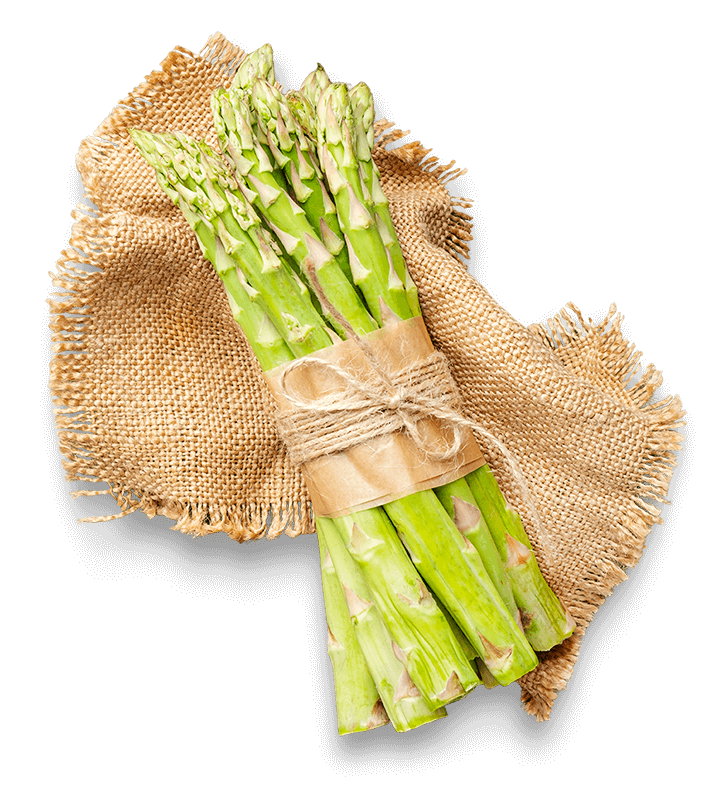
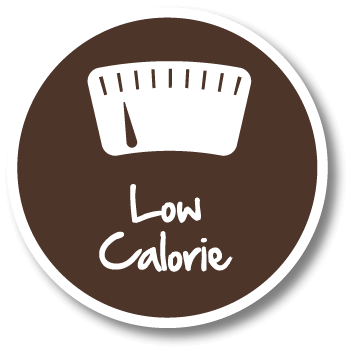
Low calorie – only 20 calories per 5.3 oz. serving, less than 4 calories per spear
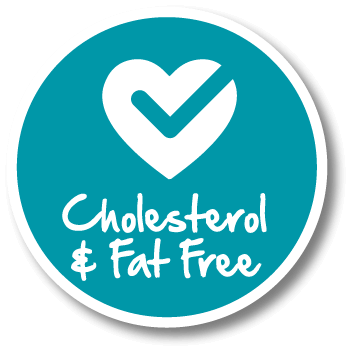
Contains no fat or cholesterol
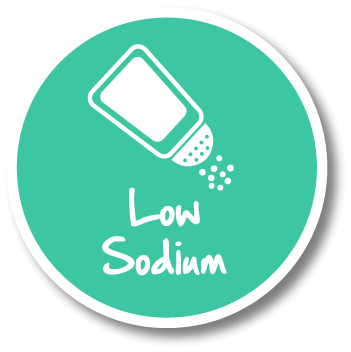
Almost no sodium

A source of fiber (3 grams per 5.3 oz. serving)
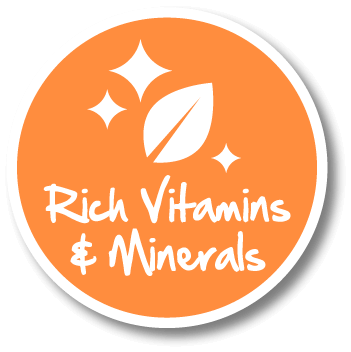
A good source of potassium
An excellent source of folic acid (vitamin B9)
A significant source of thiamin (vitamin B1)
A significant source of vitamin B6
A rich source of rutin, a compound that strengthens capillary walls
Contains glutathione (GSH) one of the most potent anticarcinogens & antioxidants found in the body